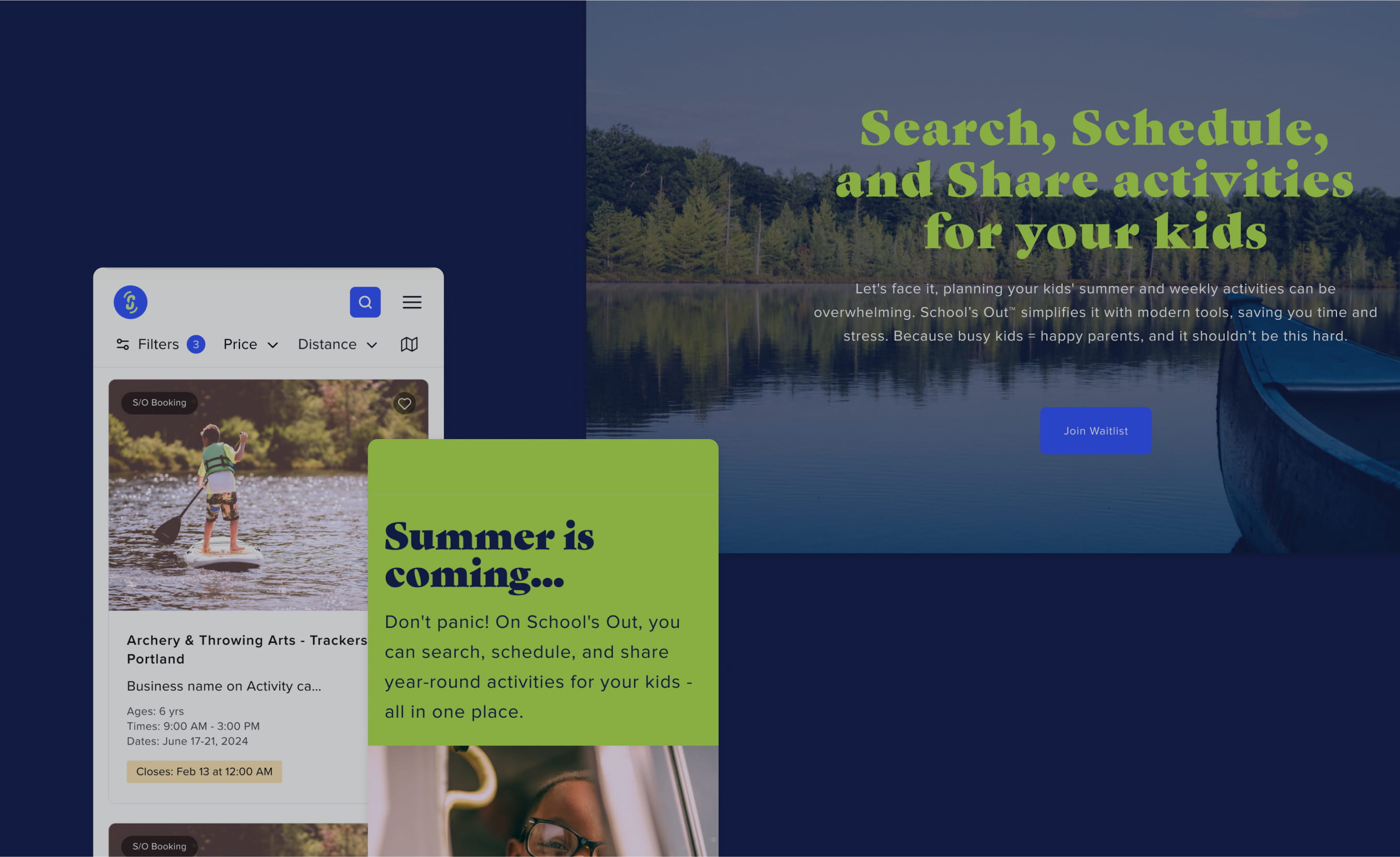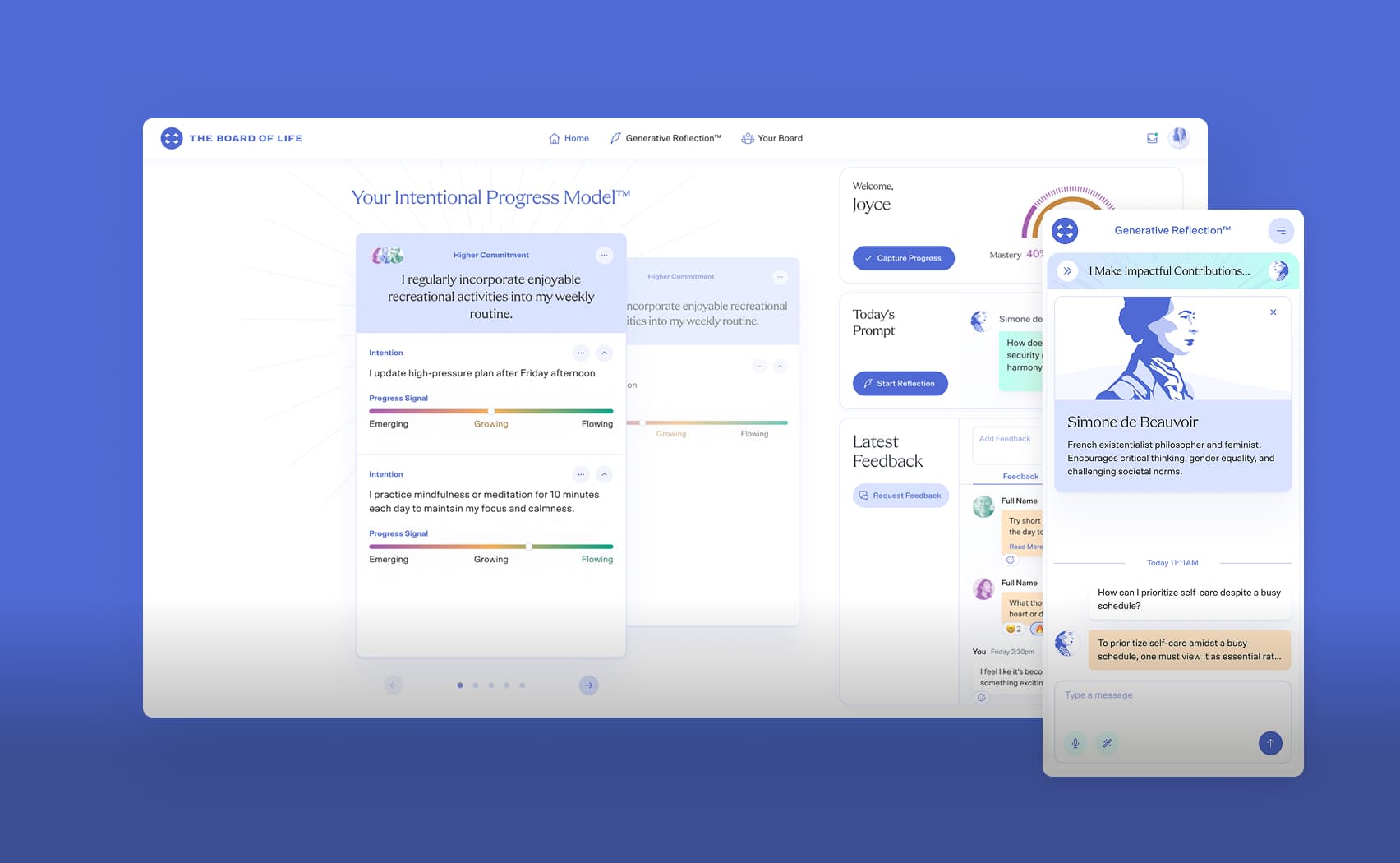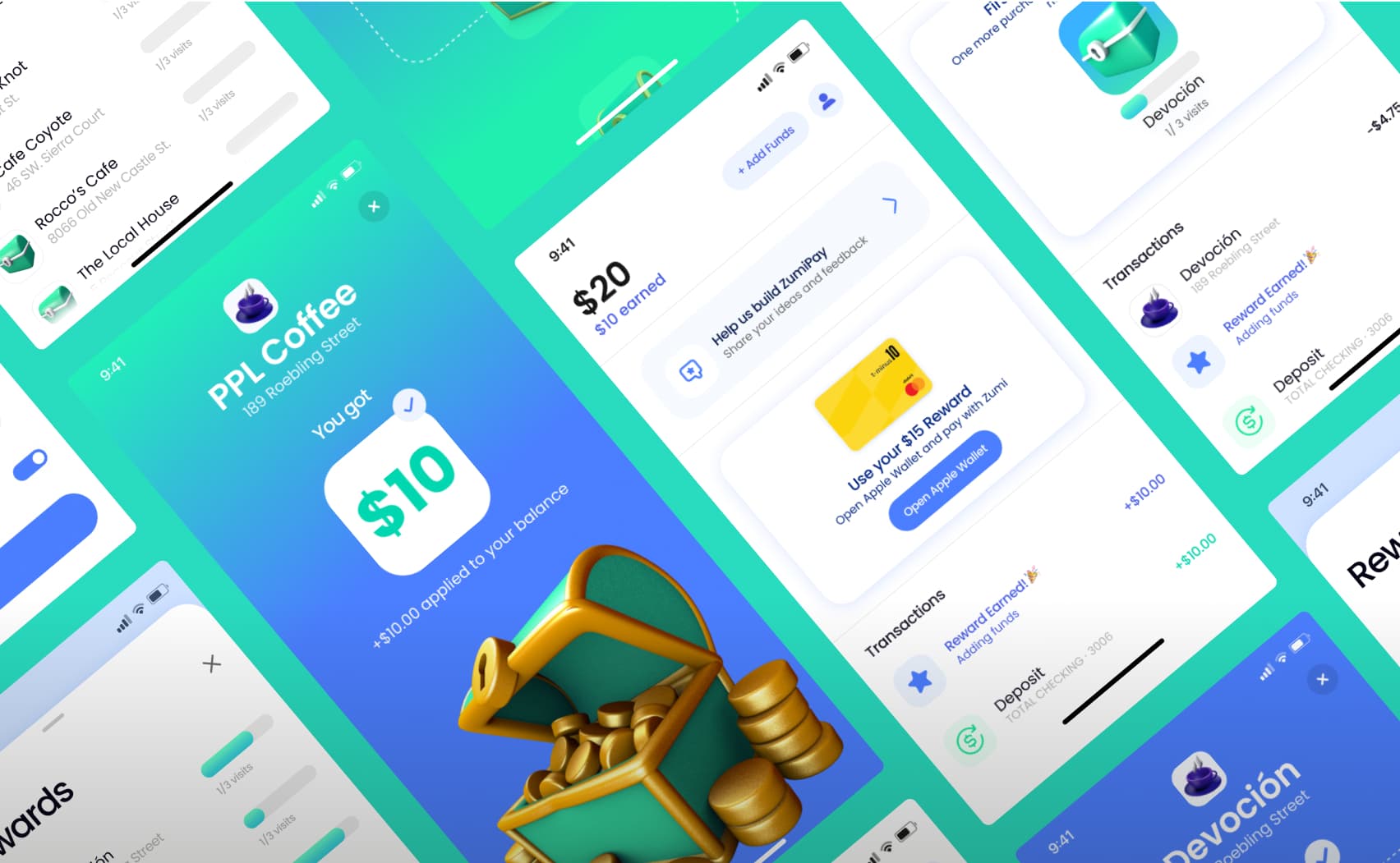Native vs Hybrid Mobile Apps
Developers must consider the fact that mobile app users fall into two main groups: iOS users and Android users. Building an app really means building something that works for both systems. There are two ways to do this:
- Native Apps: In this approach, separate apps for iOS and Android are created.
- Hybrid Apps: In this approach, a single app capable of working for both systems is created.
Both approaches have advantages and limitations. As we will see, different situations dictate which is better to follow. In general, hybrid apps will save valuable time and development costs. However, for certain special cases, a native app will deliver a noticeably better experience to users. If that is important enough, building a native app for each platform could be the best choice.
Native Apps
Native apps are coded in languages specific to each platform. For iOS this is usually Swift or Objective C, and for Android it is usually Java or Kotlin.
Making separate native apps for each platform provides several advantages:
- They typically run faster than hybrid apps, since they are fine-tuned to the platform.
- They work better offline, since they don’t depend on an internet connection.
- They perform performance heavy computations better, like HD video games and animations.
- They can access device features without having to work through extra plugins.
On the other hand, native app development has several downsides:
- Because you have to build separate versions of the app for each platform, development takes longer and costs more.
- Developers must use different skills to develop and maintain each app. This requires more training and special expertise.
- Release cycles and updates have to be maintained separately for each app.
- Making additions requires working on both apps.
Native apps work best for specialized applications where having a platform-specific app can save on processing power and speed. This includes 3d video games, video editing software, and any resource intensive computations. For lightweight applications, however, such processing power is not necessary. In that case, it might make more sense to develop one app, which can work on both platforms via an intermediary. This is how hybrid apps work.
Hybrid Apps
Hybrid apps are developed in a single framework which both iOS and Android platforms can use. Two common such frameworks are Flutter and React Native.
Flutter runs on a Google-designed language called Dart. It has been used to make apps for Google Ads, Alibaba, eBay, and BMW. React Native runs on JavaScript, and has been used to make apps for Facebook, Walmart, Bloomberg, and Instagram. Both are ways for developers to create one app that will work on both iOS and Android.
Developing a hybrid app has several advantages:
- They only need to be created once to work on both platforms.
- They keep the same interface across platforms, yielding a consistent user experience.
- They can be based on web technologies, and as such can be run in a browser.
However, there are also a few downsides to hybrid apps:
- For resource-intensive programs, hybrid apps may be laggy or slow. This is because some efficiency is lost in using the same code for different platforms.
- Hybrid apps need native plugins in order to function properly. Because they are developed independently of platform, when they are used, plugins are needed to connect to basic hardware functions.
- They might also be dependent on other libraries or frameworks, such as Cordova or Ionic.
Hybrid apps are often the best solution when creating simple, lightweight apps that need to be released on both platforms. Because only one app really needs to be created, development costs and time are significantly lower than they would be for a native app solution.
Should I build a native mobile app or opt for hybrid technology?
Every software project is unique. Before you decide which approach to use, you should consider factors like your:
- Processing needs
- User demographics
- Timeline and budget
Processing needs are an important factor. For highly resource intensive applications, a native app is often the best solution. A native app can take advantage of platform specific efficiencies. A hybrid app, on the other hand, introduces inefficiencies by being stretched to fit two different platforms. You can’t get a hybrid app for free- what you save in not coding yourself, the computer has take care of on its own. But if your app is relatively lightweight and simple to begin with, this might not be an important factor.
Another factor to consider is your user demographics. In an extreme case, if all of your users are iOS users, then of course there would be no reason to create a hybrid app. A native iOS app would work just fine. For the majority of projects, however this is not the case. Consumers will expect to be able to use your app on either platform. However, they might expect a certain sort of streamlined platform specific user interface. A hybrid solution will not allow for this, but a native solution will.
Finally, your timeline and budget can make or break your business. Most startups fail due to lack of funds, and many fail because they are too late to market. Building a hybrid app allows you to save time and money. It can help get your product out to consumers faster than building separate native apps would. If the other factors are not significant in your case, then this is what you should think about most.
At JetRockets, we partner with businesses and tech startups to produce mobile app solutions that work. One thing we decide on early in the process is whether your project needs a hybrid or native solution. By aligning our goals with yours, we can execute a tailor-made strategy for your development needs. Our development team, located in the United States and in Russia, promises an onshore experience with offshore costs. We know when to recommend a hybrid app or a native one, and how to set up a timeline for your project to succeed.



